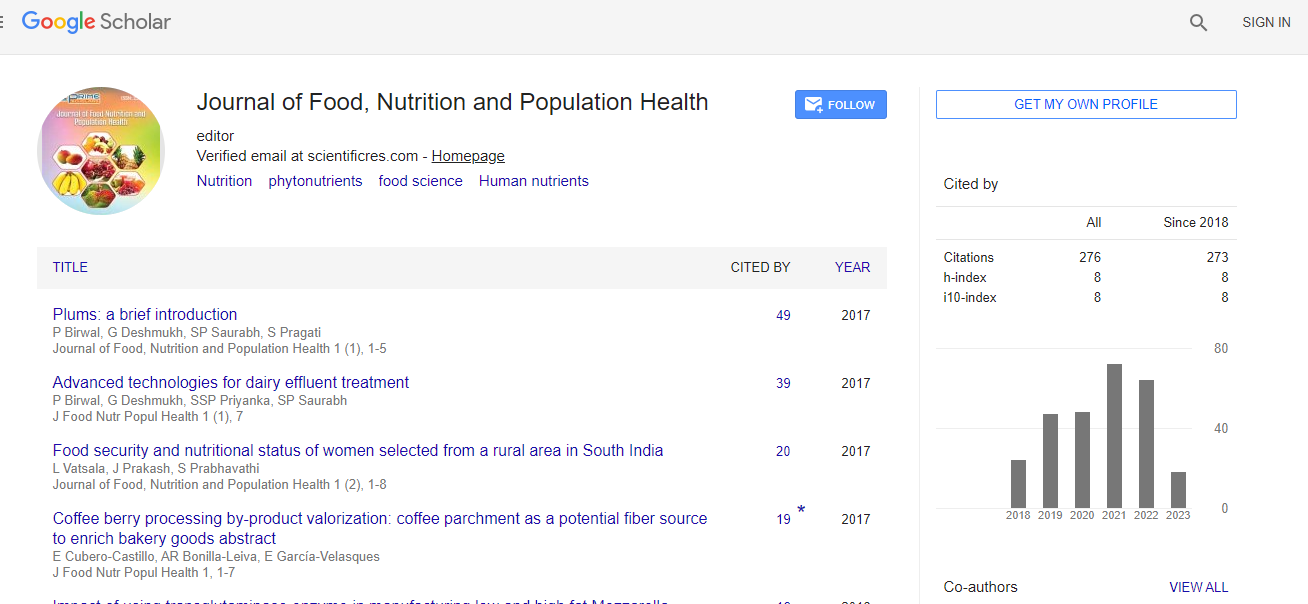Nutritional genomics has tremendous potential to vary the longer term of dietary guidelines and private recommendations. Nutrigenetics will provide the idea for personalized dietary recommendations supported the individual's genetic structure. This approach has been used for many years surely monogenic diseases; However, the challenge is to implement an identical concept for common multifactorial disorders and to develop tools to detect genetic predisposition and to stop common disorders decades before their manifestation. The preliminary results involving gene diet interactions for cardiovascular diseases and cancer are promising, but mostly inconclusive. Success during this area would require the mixing of various disciplines and investigators performing on large population studies designed to adequately investigate gene environment interactions. Despite the present difficulties, preliminary evidence strongly suggests that the concept should work which we'll be ready to harness the knowledge contained in our genomes to realize successful aging using behavioral changes.
Purpose of review:
Nutritional genomics has tremendous potential to vary the longer term of dietary guidelines and private Recommendations. Nutritional genomics covers nutrigenomics, which explores the consequences of nutrients on the Genome, proteome and metabolome, and nutrigenetics, the main goal of which is to elucidate the effect of genetic Variation on the interaction between diet and disease. Nutrigenetics has been used for many years in certain rare Monogenic diseases like phenylketonuria, and it's the potential to supply a basis for personalized dietary Recommendations supported the individual's genetic makeup so as to stop common multifactorial disorders decades before their clinical manifestation.
Recent findings:
Preliminary results regarding gene diet interactions in cardiovascular diseases are for the foremost part inconclusive due to the restrictions of current experimental designs. Success during this area would require the mixing of varied disciplines, and can require investigators to figure on large population studies that are designed to research gene environment interactions.
Summary:
Based on the present knowledge, we anticipate that within the future we'll be ready to harness the knowledge contained in our genomes to realize successful aging using behavioral changes, with nutrition being the cornerstone of this endeavor.

